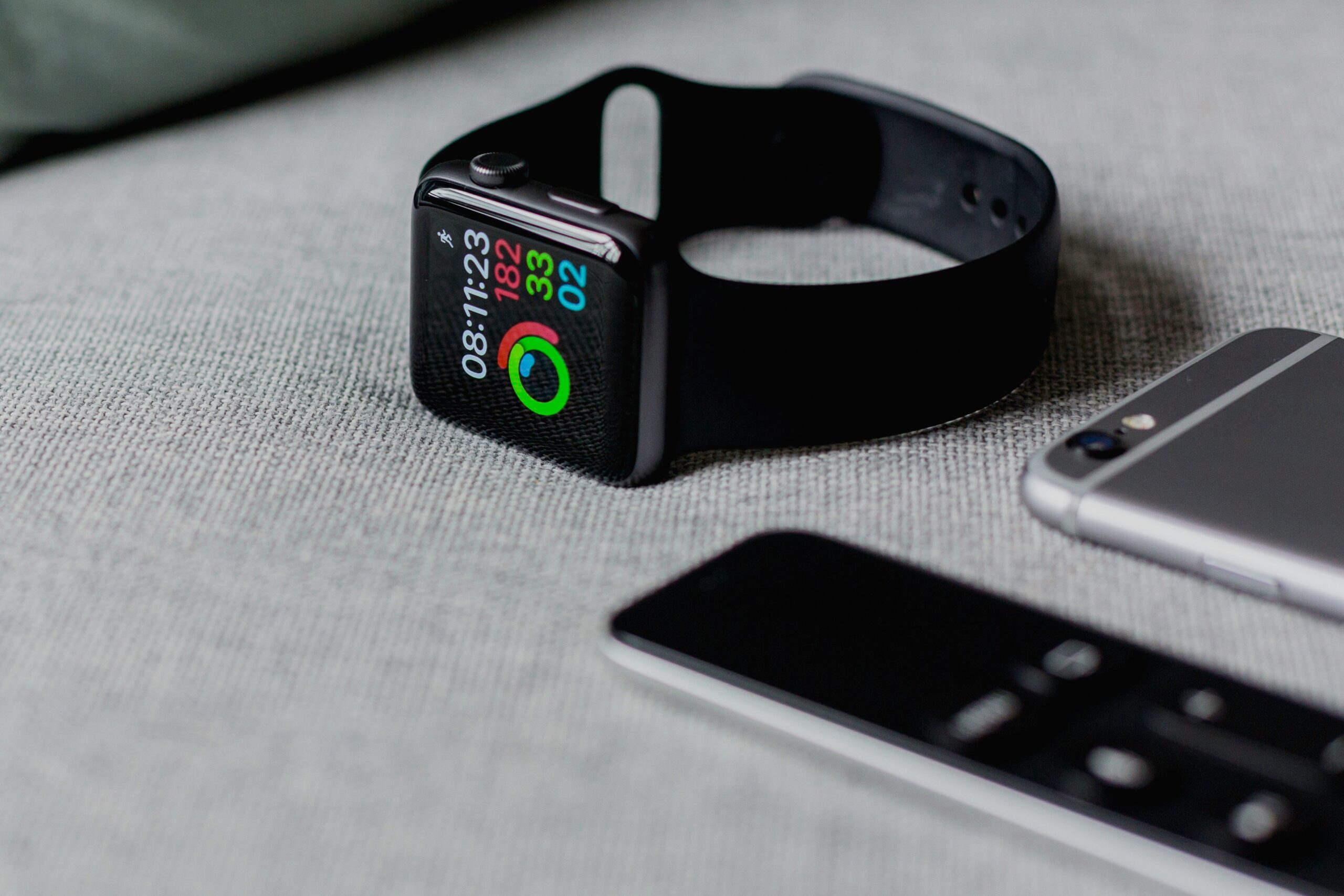Ever felt like your academic research is drowning in a sea of PDFs, tabs, and sticky notes? You’re not alone. With information overload at an all-time high, students and academics are overwhelmed. But what if there was a way to streamline your workflow, find credible sources faster, and keep everything organized? Enter academic research apps—your new best friend for productivity and well-being.
This post dives deep into the world of academic research apps, covering how they work, which ones are worth downloading, and tips to maximize their potential. By the end, you’ll be armed with actionable insights and ready to conquer your next project!
Table of Contents
- Why Academic Research Feels Like Chaos (and How Apps Can Help)
- Step-by-Step Guide to Using Academic Research Apps Effectively
- Top Tips for Maximizing Your Research Workflow
- Real-Life Success Stories from Researchers Who Swear by These Tools
- Frequently Asked Questions About Academic Research Apps
Key Takeaways
- Academic research apps help organize resources, save time, and reduce stress.
- Pick tools that fit your specific needs—some excel at citations, others at collaboration.
- Avoid shiny-object syndrome; focus on mastering one or two apps instead of juggling ten.
- Stay tuned for real-world examples and expert-approved tips for peak efficiency.
Why Academic Research Feels Like Chaos (and How Apps Can Help)
Let’s get real: academic research can feel like herding cats. Between endless journal articles, formatting citations, tracking references, and collaborating with peers, it’s easy to lose sight of the big picture. I once spent four hours trying to track down a single citation because my notes were scattered across three different platforms. Cue internal screaming.
Enter academic research apps—the quiet superheroes behind thousands of successful papers. Whether you’re a PhD candidate wrestling with literature reviews or an undergrad just starting to build your bibliography, these apps can turn chaos into calm. Here’s why:

Niche Pain Points That Hurt
- Spending hours reformatting citations when deadlines loom.
- Forgetting where you saved that crucial article from last semester.
- Losing sleep over missed connections between studies.
Step-by-Step Guide to Using Academic Research Apps Effectively
Optimist You: “These apps sound amazing—I should use them!”
Grumpy You: “Yeah, but only if I don’t have to read another boring tutorial.”
Fair point. Let’s keep it snappy and actionable:
Step 1: Choose Your Weapon
Not every app will suit your needs. Popular options include:
- Zotero: Perfect for organizing bibliographies and citing sources seamlessly.
- Mendeley: Ideal for managing PDF libraries and connecting with fellow researchers.
- Evernote: Great for taking structured notes and syncing devices.
Step 2: Sync Everything Up
“Sync early, sync often” should be your mantra. Ensure your chosen app integrates smoothly with cloud storage services like Google Drive or Dropbox so nothing gets lost in cyberspace.
Step 3: Automate Tedious Tasks
If you’ve ever manually typed out a reference list, you know the pain. Most academic research apps come equipped with automation features to generate citations in seconds. Trust me, it feels like instant coffee compared to brewing espresso by hand.
Step 4: Collaborate Without Tears
Making edits on someone else’s draft no longer has to involve deciphering cryptic comments in Word files. Apps like Overleaf allow LaTeX-based collaboration, ensuring clean, trackable changes without losing sanity.
Top Tips for Maximizing Your Research Workflow
Chef’s kiss alert: here are some pro-level strategies to level up your game.
- Avoid Shiny-Object Syndrome: Stick to 1-2 core apps. Trying to master multiple tools dilutes your efforts.
- Use Keyboard Shortcuts: Sounds nerdy, but shaving off 5 minutes daily adds up over months.
- Rant Alert: Stop ignoring updates! Failing to update software often leads to compatibility issues that waste hours troubleshooting.
- Terrible Tip Disclaimer: Don’t rely solely on free versions unless you want ads cluttering your screen mid-dissertation.

Real-Life Success Stories from Researchers Who Swear by These Tools
Meet Sarah, a graduate student who shaved weeks off her thesis writing process thanks to Zotero. She shares, “I used to hate organizing references, but now it’s automatic. My advisor even complimented my bibliography!”
Or consider Alex, a professor who switched to Mendeley after losing critical files during a laptop crash. He jokes, “It’s like having a lifeguard for my research data. Plus, it makes collaborating with colleagues halfway across the globe feel almost effortless.”

Frequently Asked Questions About Academic Research Apps
Are Academic Research Apps Free?
Many offer free tiers, but premium plans unlock advanced features. For instance, Zotero’s free version handles basic tasks, but Zotfile (an add-on) requires a small investment.
Will They Integrate With Microsoft Word?
Yes! Most citation managers integrate seamlessly via plug-ins.
Can Beginners Use Them Easily?
Absolutely. Many interfaces are designed to be intuitive, plus tutorials abound online.
Conclusion
From streamlining citations to boosting productivity, academic research apps are indispensable tools for modern scholars. Remember: pick the right tool for your needs, stay consistent, and don’t shy away from automating mundane tasks.
And hey, if this post inspired you to finally organize those pesky PDFs, drop us a comment below. Or share your favorite app—we’d love to hear about it!
Like flipping through yearbooks,
These apps bring clarity;
Knowledge flows easier.
— Haiku for Tech-Savvy Academics


